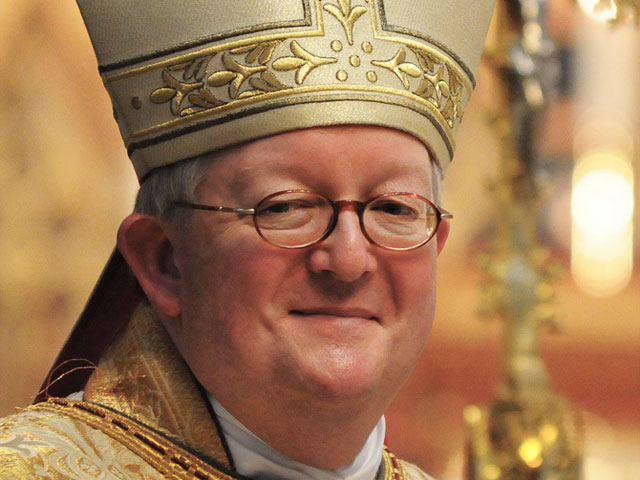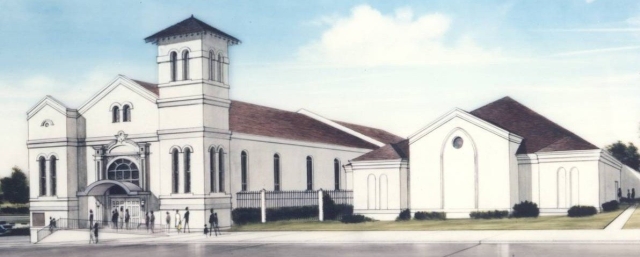Along with millions of other Americans, I am on the road this fine Christmas Day. Thus, when checking into a typical American hotel, I was immediately presented with the Holiday edition of USA Today.
Turn the front page and, lo and behold, there is this rather bizarre variation on a very, very familiar story about Christmas.
The basic thrust of the story? Hey, did you know that Christmas is different in the Holy Land itself, as opposed to normal life for Christian human beings on Planet Earth (which seems to have a lot to do with the calendars used in shopping malls)? The lede focuses on the point of view of one David Parsons, formerly of the Outer Banks in North Carolina. Long ago, he moved to Jerusalem and, dang it, this American Christian is still struggling to get his holiday vibe going.
In the Holy Land, there are no Christmas tree sellers on the side of the road, no Jingle Bells played on the radio, no Black Friday department store sales. And that’s not a bad thing, he says.
“Here there aren’t those constant ads on the television or sales, sales, sales. Being free of that allows you to concentrate on the real meaning of Christmas,” says Parsons, who left North Carolina long ago.
Christians make up less than 2% of the populations of both Israel and the West Bank territory, and though here is where Jesus was born, lived and died, there are few outward signs of the celebration of his birth in much of the region.
In Jerusalem there are almost no Christmas decorations except for the Old City’s Christian Quarter. Dec. 25 is just Tuesday, a working day for Jews and Muslims.
As it turns out, there are some quite religious Christmas celebrations in logical places such as, well, Bethlehem and Nazareth. Some of those have been known to show up on global television networks.
The big problem with this story, however, is that the people who produced it seem to know nothing about the history of Christian liturgical calendars in this part of the world.
You see, there is a very good reason that Dec. 25th is simply another day for many — in some places most — of the Christians in the Middle East.
Why is that? Well, that’s because the ancient Orthodox Church of Jerusalem is following the ancient Julian calendar and, thus, Christmas falls on Jan. 7, so the celebrations tend to kick into gear on Jan. 6.
This is one of the most commonly known facts about Eastern Orthodoxy, leading to a wave of photo opportunities on Jan. 7 that often show up in American newspapers — reminding news consumers that there is, for many Orthodox believers, an “Orthodox Christmas” for the same reason as there is an “Orthodox Easter.”
Click here for a quick explanation of this situation. It’s a rather basic fact to know about Christianity in the Middle East.
Read the whole story. Maybe there was supposed to be a reference to the ancient date for Christmas in there somewhere and it got edited out. Instead, the story ends like this:
As they do every year, at sunset on Christmas Eve, Parsons, his wife and their 13-year-old son will go to Mar Elias, a beautiful old stone monastery that affords a commanding view of Bethlehem and Shepherd’s Field.
Last week Parsons’ employer, the International Christian Embassy in Jerusalem, hosted a homey Christmas party for staffers and volunteers, who hail from across the globe. The pro-Israel organization also threw a kosher-catered Christmas-Hanukkah party attended by Israeli officials.
At home in his Jerusalem apartment, Parsons does his best to keep alive the Outer Banks traditions of his child hood by the sea.
“I have my own little oyster roast, but it’s with the seafood I can find here.” The only problem, Parsons said, is that “it’s hard to invite my Israeli friends over for Christmas because it’s definitely not kosher. That’s life in the Holy Land.”
Totally bizarre. It’s like the story is totally focused on the American way of doing Christmas, or something, even though the story is set in Jerusalem. Most strange.











